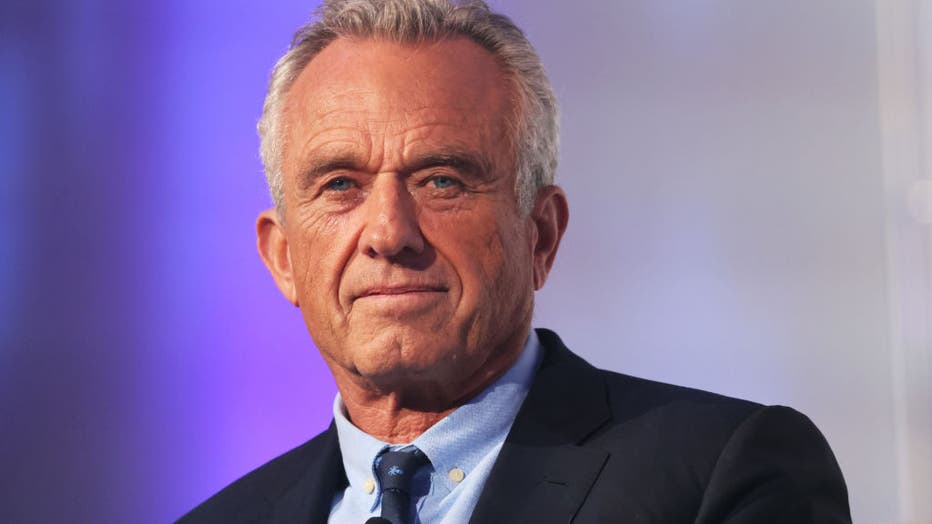RFK Jr.'s next target: Ingestible fluoride products for kids

RFK Jr. unveils new food dye bans
Health Secretary Robert F. Kennedy Jr. on Tuesday announced his plan to get rid of all artificial dyes from food and drinks by the end of next year.
Federal health officials announced Tuesday that they will begin phasing out ingestible fluoride supplements for children, citing potential safety risks and the need for updated scientific review.
The move comes as part of a broader campaign by Health Secretary Robert F. Kennedy Jr., who has long criticized fluoride as a public health risk. The Food and Drug Administration (FDA) will ask manufacturers to voluntarily withdraw products like fluoride drops, lozenges, and tablets while it conducts a scientific review expected by October.
Why is fluoride under scrutiny?
The backstory:
FDA Commissioner Marty Makary said the products—which are often used in areas with low fluoride levels in drinking water—could harm developing gut bacteria, potentially affecting digestion, immunity, and other bodily functions. He also cited studies suggesting possible links between high fluoride intake and reduced IQ in children.
Kennedy, who previously called fluoride a "dangerous neurotoxin," announced a task force last month to reevaluate fluoride policies. He also said he would direct the CDC to stop recommending fluoride in tap water.
What are health experts saying?
The other side:
While Kennedy’s stance has drawn support from anti-fluoride activists, many public health organizations have historically endorsed fluoride as a key tool in preventing tooth decay.
A 2010 paper from the American Dental Association supported fluoride supplements for children up to age 16 at high risk for cavities. The U.S. Preventive Services Task Force also recommends fluoride use for young children in low-fluoride areas, rating the guidance as having "high certainty" based on available evidence.

FILE - Democratic Presidential Candidate Robert F. Kennedy Jr. listens as he is introduced by Rabbi Shmuley Boteach during the World Values Network's Presidential candidate series at the Glasshouse on July 25, 2023 in New York City. (Photo by Michael M. Santiago/Getty Images)
The most common side effect of ingestible fluoride is mild dental fluorosis—spotting or discoloration of the teeth due to excess fluoride during development.
Will this affect toothpaste or other fluoride products?
What's next:
No. The FDA clarified that the phaseout applies only to ingestible fluoride products intended for children. It will not affect fluoride-containing toothpastes, mouthwashes, or in-office treatments used by dental professionals.
The agency also noted that ingestible fluoride supplements were never formally approved through its drug review process, despite being commonly recommended by dentists for decades.
The FDA’s push reflects a broader shift in US public health priorities under Kennedy’s leadership, raising questions about how long-standing recommendations—like fluoridation—will be handled going forward. As some states roll back fluoride in water supplies, access to safe alternatives could become a growing concern.
The Source: This article is based on Associated Press reporting and official statements from the U.S. Food and Drug Administration. Additional context includes remarks from Commissioner Marty Makary and public health guidance from the American Dental Association and U.S. Preventive Services Task Force. This story was reported from Los Angeles.

